
Running Stitch
The running stitch is the most basic and commonly used hand-sewing technique for leather. It involves passing the needle in and out of the leather in a straight line. This stitch is ideal for seams and attaching trims.
Backstitch
The backstitch provides a stronger and more secure seam compared to the running stitch. It involves stitching backward into the last hole before continuing forward. This technique is commonly used for long seams.
Saddle Stitch
The saddle stitch, also known as double-needle stitching, is a decorative and durable technique. It involves using two needles to create parallel rows of stitches, resulting in a strong seam that won’t unravel if one thread breaks.
Whip Stitch
The whip stitch is primarily used for attaching edges and finishing raw leather. It involves passing the needle over the edge and through the material, creating a series of diagonal stitches. This technique creates a neat and secure edge.
Blanket Stitch
The blanket stitch is commonly used for sewing patches or appliques onto leather. It involves creating a looped stitch that resembles the teeth of a comb. This stitch provides both functionality and decorative appeal.
Lacing Stitch
The lacing stitch is often utilized for leather lacing and braiding projects. It involves creating evenly spaced stitches along the edge of the leather. This technique allows for secure attachments and creative designs.
Mastering these hand-sewing techniques is essential for anyone interested in leathercraft. Each stitch serves a specific purpose and adds its own unique touch to leather projects.
Remember to practice and experiment with different threads, needles, and tensions to achieve the desired results. Happy sewing!
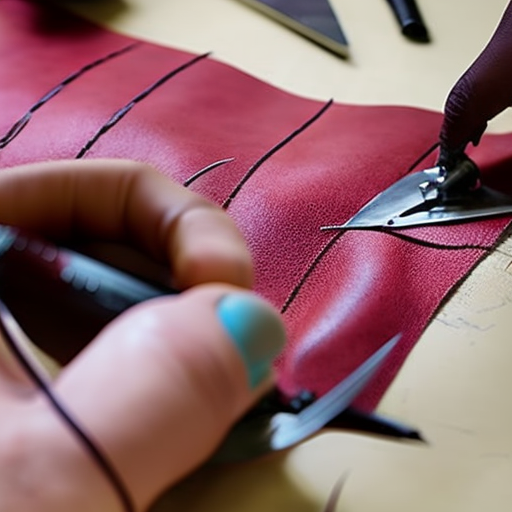
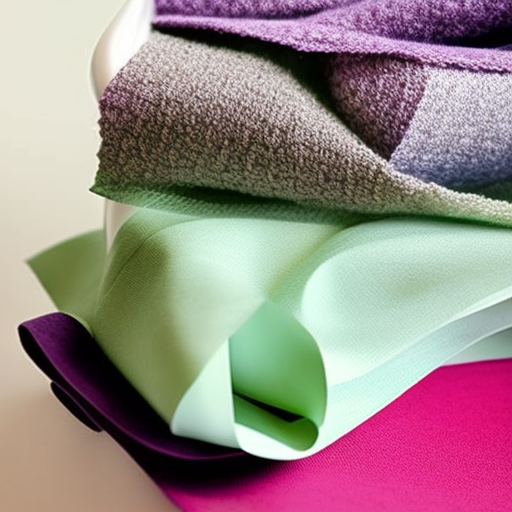
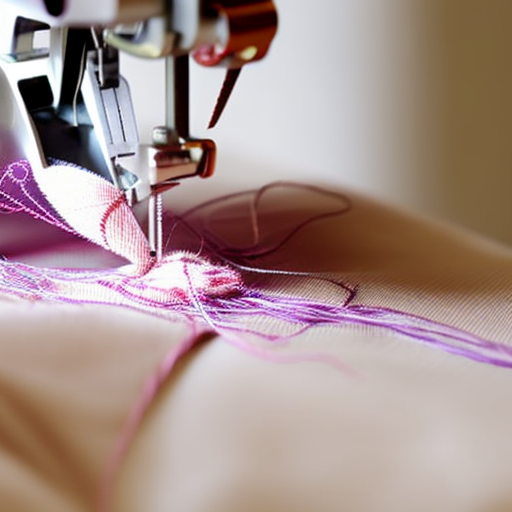
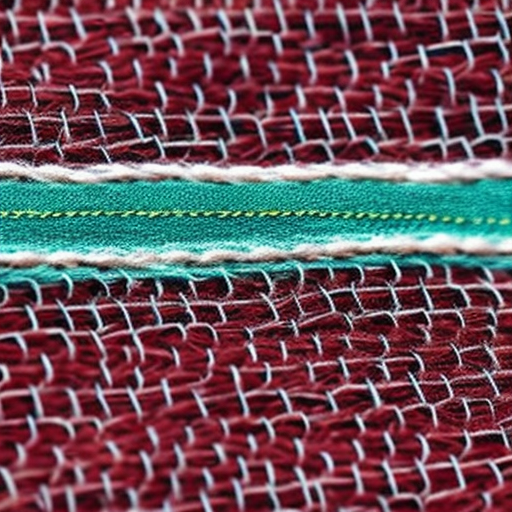
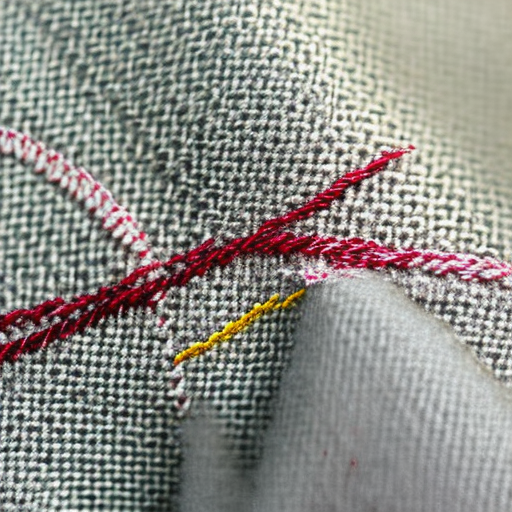
This is such an interesting post! I’ve been looking to learn more about leather sewing.
Sara Warman: Fascinating! I’m excited to learn more.
This post is perfect for anyone wanting to improve their leather sewing skills by hand! Whether you’re a novice or experienced tailor, there is something to learn here. The detailed information and illustrations are sure to be helpful in mastering these techniques.